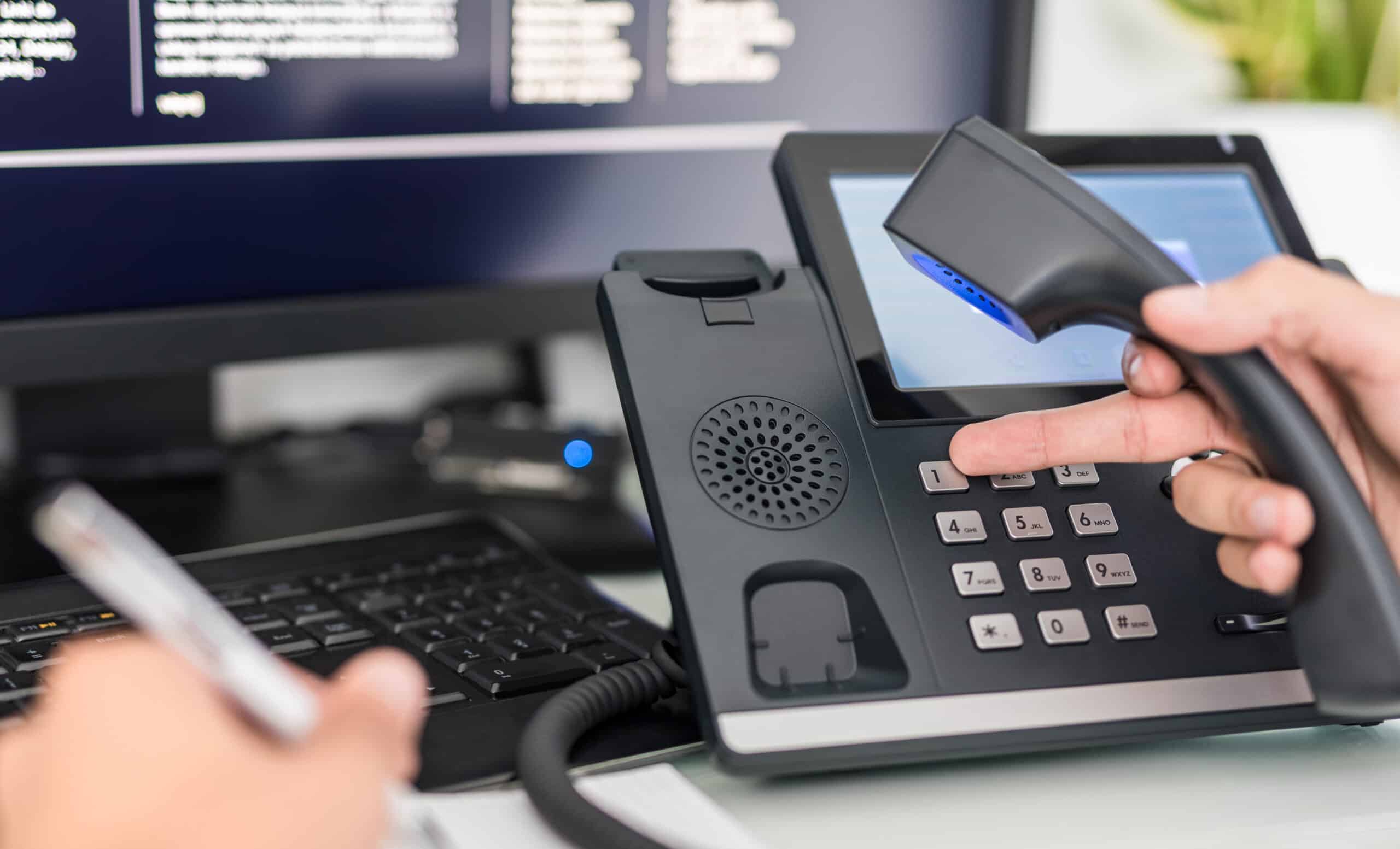In our fast-paced world, phone calls remain a vital communication tool. But managing them effectively amidst a constant barrage of notifications and distractions can feel like a never-ending battle. This comprehensive guide equips you with valuable strategies and tools to master the art of managing your phone calls, reclaiming control over your time and focus.
Understanding Your Calling Habits
The first step to effective phone call management is self-awareness. Analyze your current calling patterns:
- Frequency:How many calls do you receive and make daily? Are there peak call times?
- Urgency:How many calls require immediate attention, and how many can be addressed later?
- Length:What’s the average duration of your calls? Are there opportunities to streamline conversations?
- Productivity Impact:How do phone calls disrupt your workflow?

Developing a Call Management Strategy
Based on your calling habits, formulate a personalized strategy to manage your phone calls:
- Schedule Dedicated Call Times:Designate specific times in your day to handle calls, minimizing interruptions during focused work periods. Utilize features like “Do Not Disturb” mode during this time.
- Prioritize Calls:Develop a system for prioritizing incoming calls. Urgent calls from clients or colleagues might require immediate attention, while others can be returned later. Consider call display features or caller ID to identify important calls.
- Set Limits for Call Duration:Be mindful of how long your calls last. Practice setting time limits for each call to maintain focus and avoid unproductive chit-chat.
- Utilize Voicemail and Call Screening:Leverage voicemail to capture messages when you’re unavailable or focused on important tasks. Some smartphones allow call screening, letting you review a caller’s information before answering.
- Delegate or Outsource Calls:If appropriate, delegate incoming calls to colleagues or consider outsourcing non-critical calls to a virtual assistant service.
Tools and Technologies for Call Management
Technology offers a multitude of tools to streamline phone call management:
- Smartphone Features:Many smartphones offer built-in features like call blocking, call forwarding, and voicemail transcriptions to enhance call control.
- Call Blocking Apps:These apps help block unwanted calls from spammers, telemarketers, or known robocallers.
- Call Scheduling Apps:Schedule calls in advance with clients or colleagues, allowing everyone to prepare and ensuring focused conversations.
- Text-to-Cell Services:For situations when a call might be disruptive, these services convert voicemails to text messages for convenient review.
Effective Communication During Calls
Once you’ve answered a call, aim for clear and concise communication:
- Establish Purpose:Start by briefly stating the call’s purpose and offering an expected duration, setting expectations for both parties.
- Active Listening:Practice active listening by paying close attention to the caller’s message. Ask clarifying questions to ensure understanding.
- Concise Communication:Express your points clearly and directly, avoiding unnecessary information or digressions.
- Summarize and Confirm:Summarize key points at the end of the call and confirm next steps or action items to avoid confusion.
Managing Missed Calls and Voicemails
Don’t let missed calls and overflowing voicemails become a source of stress:
- Set Aside Time for Voicemail Management:Allocate specific time each day or week to review voicemails. Prioritize and return calls based on urgency.
- Utilize Voicemail Transcription Services:Certain services transcribe voicemails into text messages, allowing you to quickly scan messages and prioritize responses.
- Develop a Voicemail Greeting:Create a clear voicemail greeting that provides your contact information and instructs callers on the best way to reach you.
Additional Tips for Managing Phone Calls While Working
Here are some specific strategies for managing phone calls while working:
- Utilize Speakerphone or Headset:Free your hands by utilizing speakerphone functionality or a wireless headset for calls that require note-taking or multitasking.
- Take Notes During Calls:Jot down key points or action items during calls to maintain focus and avoid forgetting crucial information.
- Communicate Availability to Colleagues:Inform colleagues about your call schedule and preferred communication methods during focused work periods.
The Importance of Boundaries
Managing phone calls effectively involves setting boundaries:
- Be Assertive:Don’t be afraid to politely decline calls if you’re unavailable or focused on an urgent task. Offer to reschedule or suggest alternative communication methods.
- Communicate Your Boundaries:Inform colleagues, clients, and even family members about your preferred communication methods and response times.
Conclusion
By understanding your calling habits, implementing a personalized call management strategy, and leveraging technology effectively, you can transform phone calls from a source of disruption into a productive communication tool. Remember, setting boundaries and being assertive about your availability are crucial aspects of successful call management. Reclaiming control over your phone calls not only enhances your productivity but also fosters a sense of control and focus throughout your workday. With the strategies and tools outlined in this guide, you’re well-equipped to conquer the ring and manage your phone calls with confidence.
Sources:
- American Psychological Association – Multitasking.
- Enterprise Mobility Today – 5 Must-Have Call Management Features for Businesses.
- The Muse – How to Manage Your Phone Calls Like a Boss.
- YouMail – The Ultimate Guide to Call Blocking.